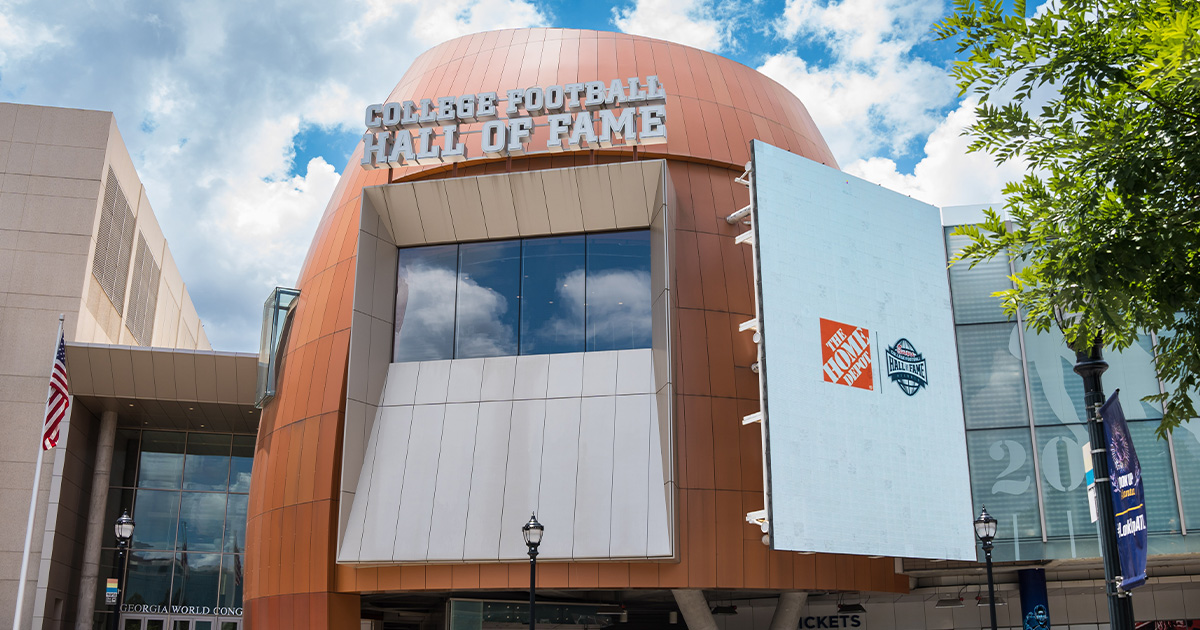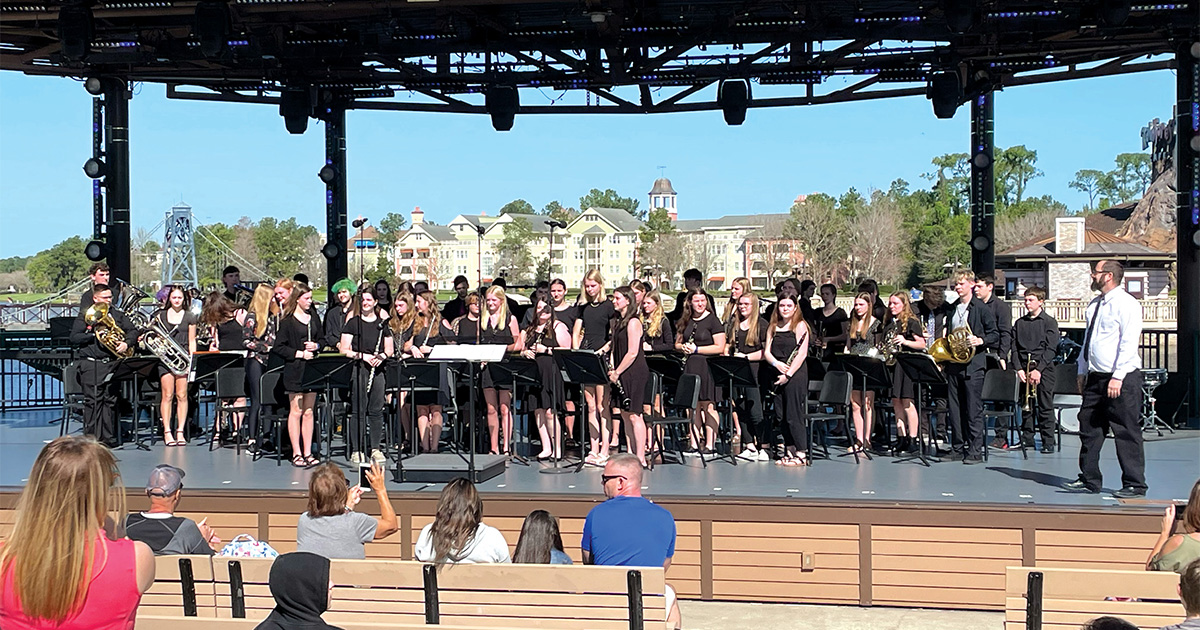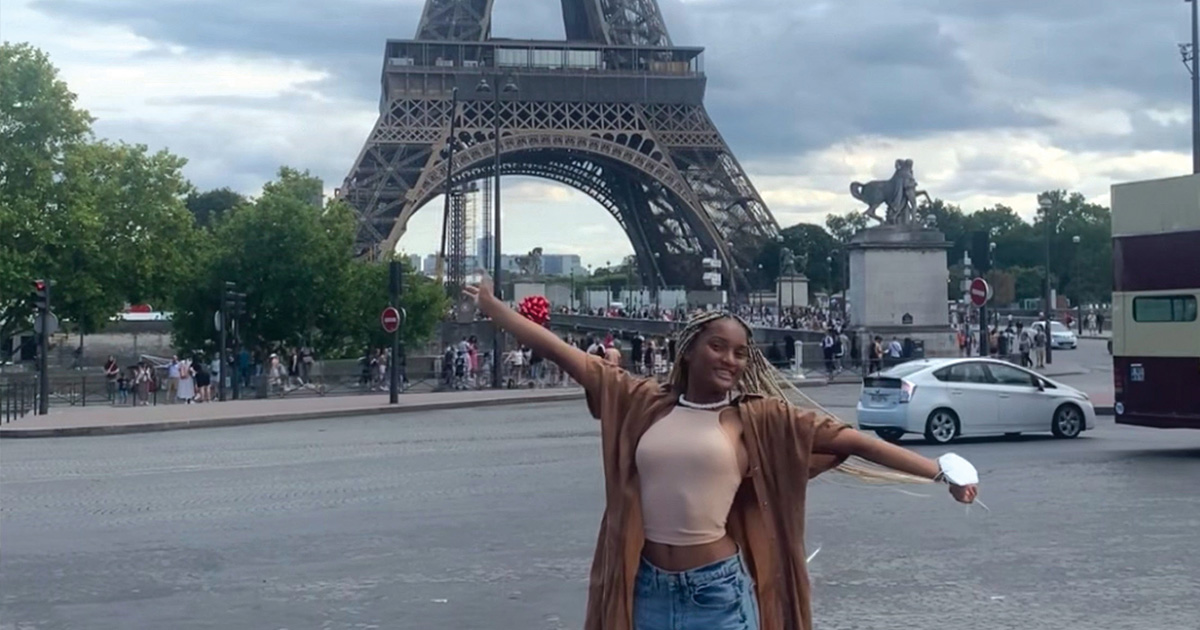What a long, strange trip it’s been. So, where do we go from here?
Similar to the world of music education, the performance travel world has been turned upside down and inside out by the COVID-19 pandemic. Like most music programs, the travel industry found itself in hibernation—working to find ways to survive at a slowed pace and with scarce resources. And similarly, the resilient will come through stronger, some face a long recovery, and some sadly will not return.
However, there is reason for optimism. At least as of this writing (August 2021) schools are returning in person and travel has come roaring back in ways unimagined a year ago. The pent-up desire to travel and the essential loss of two travel seasons has created a wave for the coming year that continues to build. Like many great moments, it is simultaneously exciting and daunting.
My wife, who is also a music educator, recently heard a great saying that has become a mantra in our home. “We’re not returning to normal—we’re returning to familiar.” It’s a brilliant way to reframe the moment and create a forward-thinking mindset that embraces the positive and recognizes the changes around us. (I definitely married up.) So what is the ideal approach as we return to familiar in performance travel?
First, understand that there will be bumps in the road. Just like Interstate 80, this long “winter” has created numerous potholes that will take time to repair! Solutions to challenges will require more patience and creativity than ever before, and resilient and flexible groups are setting themselves up for the greatest success.
Here’s a perfect example: Recently, I had a client group travel to New York City—our company’s first group there since the shutdown. At 6 AM the Sunday morning of their departure, my cell phone rings; it’s our representative at the airport assisting with check in. The airline has just cancelled their flight because the plane was weather grounded the night before. Because of the high volume of travel—everyone’s been cooped up for so long—and because the airlines are not back at full capacity, the next available flight to NYC for the group was 24 hours later. (And this was a small group of 30 travelers.) They were potentially going to lose 1.5 days of a 4-day trip.
However—there were seats into Boston, arriving at midnight. First hurdle cleared, now to find a bus for the 3 1/2 hour drive to Manhattan that night.
Call after call to coach companies in the northeast yield the same results: we have a coach, but no drivers. During the pandemic, the furloughed drivers found other jobs and coach lines are also not back to full capacity. Finally, a call to a small company yields a single coach and driver.
Nearly 24 hours after it all started (with another 3-hour weather delay thrown in to make it interesting) the group arrives at their Manhattan hotel. The on-site tour director describes them as tired but in good spirits. They sleep for a few hours while we rebuild their itinerary, preserving the “can’t miss” experiences. That evening on Facebook, I see video of a happy group sailing from under the Brooklyn Bridge and taking in a perfect skyline sunset. In the end, they only missed a dinner and one activity.
Ultimately, what made this successful was not the work done by our team (but I do work with an AMAZING team) but rather the director’s approach to the situation. Rather than making screaming demands of the airline (or me) he remained calm, looked at the cards we were dealt, and together we played the best hand. That’s not to say there wasn’t frustration—there was, all around, myself included. But what a tremendous example he set for the students (and parents)—a valuable lesson in overcoming adversity.
This is not meant to suggest we should “settle” for less and lower our expectations. What this means is simply an acknowledgement that there may be temporary moments that are less than you hoped, and to look instead at the larger picture and the eventual goal. It’s like having that first teaching job—the group probably isn’t ready for Carnegie Hall, but that doesn’t mean you can’t make positive progress.
The reality is things are likely going to be a bit different—at least for a while. But the solution isn’t to dig in our heels or to sit around waiting for normal. The past year has reinforced that the opportunities you have with your students are too precious and fleeting. While the easy answer may be to just skip it and stay home, our musician DNA reminds us that anything worth doing is rarely easy.
Besides this mindset, what are the tangible things you can do as we enter the familiar?
Understand that change is the new constant. Even as I write this, virus variants are leading to the return of mask mandates. Much of what I’m writing may not be relevant by the time you read this. The key is being aware of this fact and, in the words of the U.S. Marines, adapt and overcome.
Knowledge is power. Stay informed. A good travel planner will keep you updated on the latest situations and have health and safety information and protocols in place to help guide your experience. And while it may sound self-serving, I’m going to say it anyway: now is NOT the time for you to be planning travel without a professional.
If there is a new normal, it’s travel insurance for individual participants. More directly, it’s insurance with what’s usually called a Cancel For Any Reason (CFAR) clause. Because most basic coverages include specific conditions to be met for claims…and pandemic-related cancellation is usually not among the covered reasons.
Related to that, awareness of group cancellation policies is more important than ever. Having the flexibility to make plans far in advance while minimizing your financial risk will help alleviate many concerns from administration and parents about proceeding with tour plans. Ask about your planner’s policies and how they will advocate on your behalf.
There are going to be more boxes to check. Are all your students vaccinated? Who isn’t? Is it required for your visit? Yes there are going to be awkward and potentially heated conversations around this, and you will need to have them. Sooner rather than later.
Think about what your program needs now. Just because you’ve always done “x” or traveled to “y” doesn’t mean it’s the right plan for right now. Maybe instead of performing or competing, a workshop has more value for a group that’s been dormant for a year. Maybe instead of that cross-country trip to Orlando, you need something closer to home that meets the comfort level of your community after a year of seclusion and economic impact. Maybe you simply need something to get kids excited about being part of a music program to rebuild numbers lost after a year of teaching music through a camera and screen.
In the end, the potentially life-changing experiences performance travel can bring to your students are far too important and rewarding to fall by the wayside. Your students have had to sacrifice so much through these challenging times. The terrific news is there are already groups and travel planners out there blazing the trail, showing that this can be done safely and successfully. Showing that familiar is out there… waiting to be rediscovered.
Tom Merrill is a Travel Consultant with Bob Rogers Travel. He has over 30 years experience as a music educator, festival and event organizer, and travel planner. This article was originally published in School Band and Orchestra and the Iowa Music Educator Journal.




